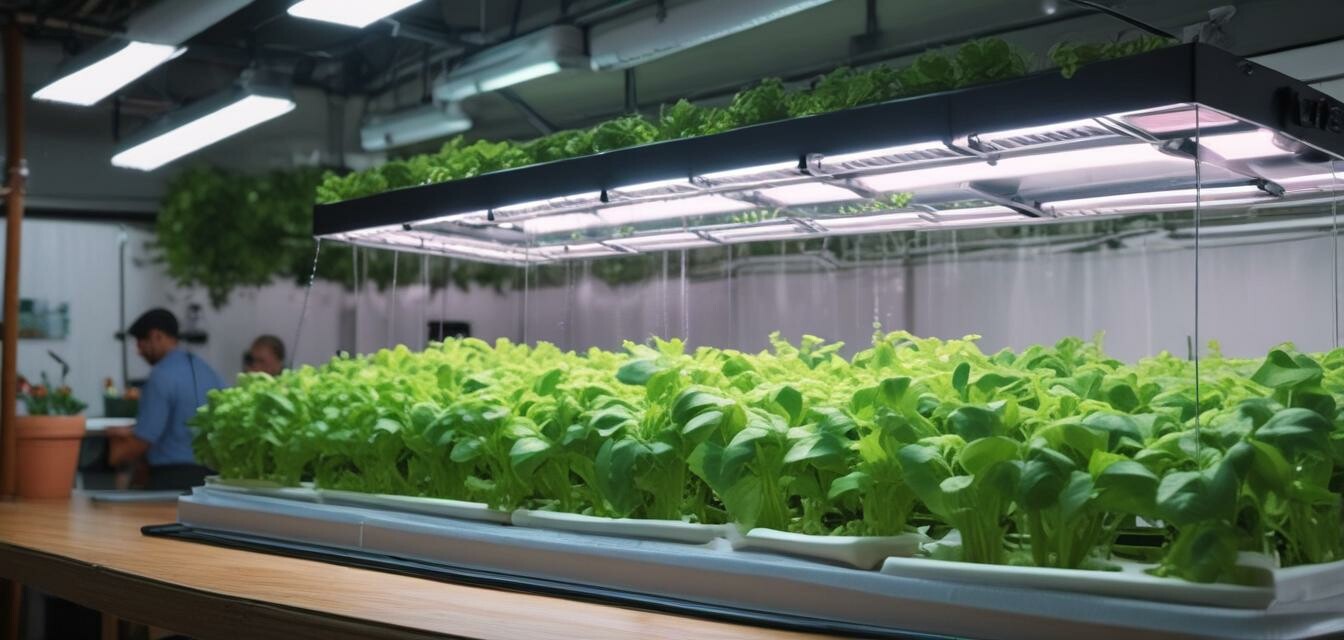
The Impact of Water Quality on Hydroponic Nutrients
Key Takeaways
- Water quality directly affects nutrient availability in hydroponic gardening.
- pH levels, hardness, and contaminants are crucial factors to monitor.
- Regular testing and adjustments are essential for optimal plant growth.
- Using filtered or distilled water can improve nutrient absorption.
- Understanding the relationship between water and nutrients promotes healthier plants.
Hydroponics allows gardeners to grow plants without soil, making water quality more critical than ever. Water serves as the primary medium for nutrient delivery to plants. Understanding how different water qualities impact nutrient availability is essential for successful hydroponic gardening.
Understanding water quality in hydroponics
Water quality in hydroponics refers to several characteristics that can influence plant growth, including:
- pH Level: A measure of acidity or alkalinity.
- Electrical Conductivity (EC): Indicates nutrient concentration.
- Hardness: Levels of calcium and magnesium present.
- Contaminants: Chemicals or particles that can interfere with nutrient absorption.
The importance of pH in hydroponics
The pH level of your water can significantly influence nutrients' availability to your plants. Most nutrients become more accessible between pH levels of 5.5 and 6.5.
Outside this range, nutrients can become locked up or overly available, leading to plant deficiencies or toxicity.
Electrical conductivity and nutrient concentration
Electrical conductivity (EC) is essential in hydroponics as it measures the total dissolved salts in the water. Higher EC levels indicate a more concentrated nutrient solution.
| EC Level (mS/cm) | Nutrient Concentration | Recommended Plant Stage |
|---|---|---|
| 0.5 - 1.0 | Low concentration | Seedlings / Young Plants |
| 1.0 - 1.6 | Medium concentration | Vegetative Stage |
| 1.6 - 2.5 | High concentration | Flowering / Fruiting Stage |
How contaminants affect nutrient availability
Contaminants can be detrimental to hydroponic systems, affecting both water quality and nutrient absorption. Common contaminants include:
- Chlorine
- Heavy metals
- Pesticides
- Mineral residues
Using filtered or distilled water can prevent these issues and ensure your plants receive the essential nutrients they need.
Measuring and managing water quality
It is crucial to regularly test your water quality. Testing kits for pH and EC can help you keep track of any discrepancies. Here are some strategies for managing water quality:
Tips for maintaining water quality
- Test your water regularly, especially before adding nutrients.
- Adjust pH levels using pH up or pH down solutions.
- Use quality water sources, such as filtered or distilled water.
- Change the water in your system every two weeks to avoid build-up of contaminants.
- Monitor and adjust nutrient concentrations based on water quality and plant growth stages.
The relationship between water quality and plant growth
Water quality profoundly influences not only nutrient availability but also overall plant health. Poor water quality can lead to stunted growth, yellowing leaves, and increased susceptibility to pests and diseases. By maintaining high water quality standards, you can ensure:
- Healthy root development
- Improved nutrient uptake
- Enhanced growth rates
Understanding and correcting nutrient deficiencies
Recognizing symptoms of nutrient deficiencies is vital in hydroponics. Common signs include:
- Yellowing leaves - often indicates nitrogen deficiency.
- Brown leaf edges - may suggest potassium deficiency.
- Pale or mottled leaves - linked to iron deficiency.
Regularly testing and providing the right nutrient mixes based on water quality can help avoid these issues.
Conclusion
Water quality is a foundation of successful hydroponic gardening. By understanding how it impacts nutrient availability, you can optimize your water management practices. Whether you're just starting or fine-tuning your existing setup, maintaining high water quality is key to promoting healthy plant growth.
Pros
- Enhances nutrient availability for plants.
- Promotes healthier, faster growth.
- Reduces the risk of diseases connected to poor water quality.
Cons
- Requires regular testing and adjustments.
- Filtered water may increase costs.
- Contamination can be hard to detect.